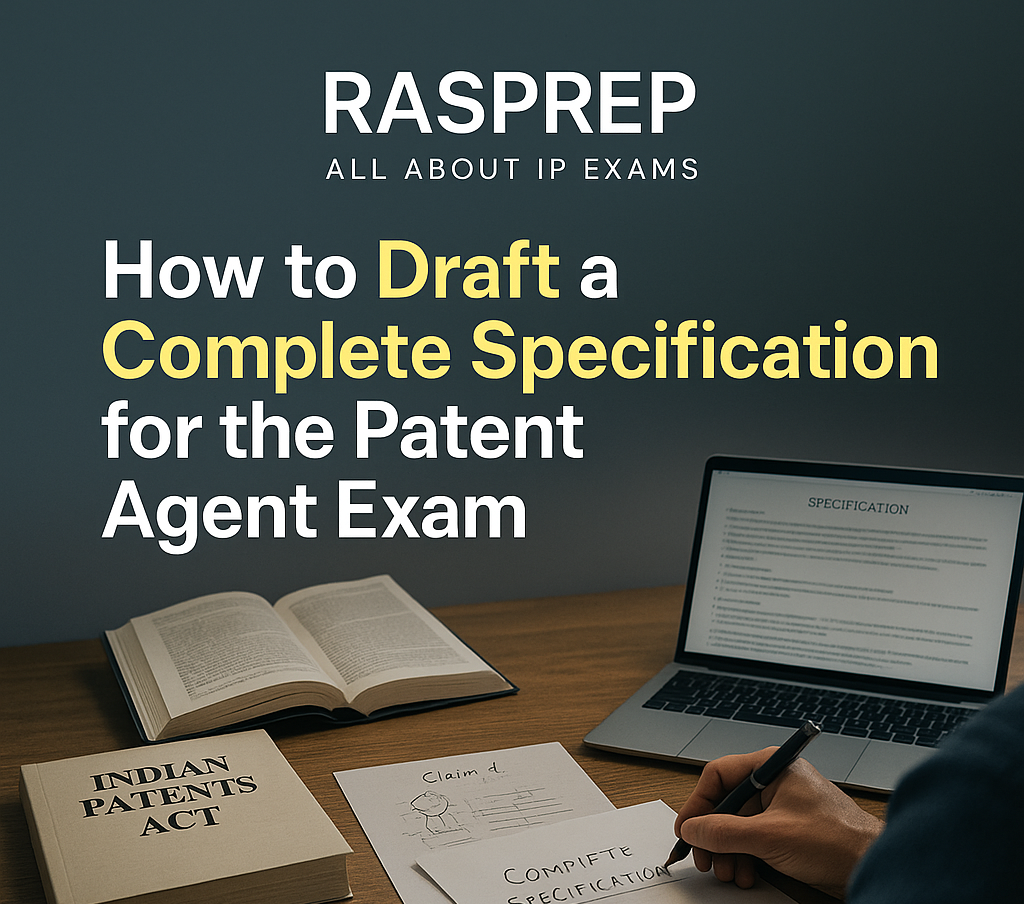In India—and everywhere, really—original ideas are only as powerful as the protection behind them. That’s where patent agents quietly step in.
They’re not exactly lawyers. They’re not scientists either, not exclusively. They’re somewhere in between. A hybrid professional—fluent in both legal code and technical jargon—who helps inventors turn abstract concepts into tangible, protected intellectual property.
And with startups, researchers, and even college students filing patents more than ever before, the need for sharp, capable patent agents has shot through the roof.
Let’s Break It Down — What Even Is a Patent Agent?
Picture this: you’ve built a tech product no one’s seen before. You’ve got a prototype, a bit of market buzz, and maybe even investors. But you don’t know the first thing about filing a patent.
That’s when you call a patent agent.
In India, these professionals are officially licensed by the Patent Office to prepare, file, and argue patent applications. And no—you don’t need a law degree to become one. But you do need a degree in science, engineering, or tech. Basically, if you can understand how inventions work and also explain them legally, you’re halfway there.
They’re registered under the Patents Act of 1970, under the oversight of CGPDTM. Sounds heavy, but if you’re into systems, process, and law-meets-logic stuff—you’ll fit right in.
What’s a Day in the Life of a Patent Agent Look Like?
It’s a bit of everything: writing, reviewing, consulting, and occasionally firefighting when a deadline’s looming or a rejection notice hits.
Here’s what’s typically on their to-do list:
1. Writing Patent Documents
No, not casual blog writing. We’re talking high-stakes technical documentation—every word has to be precise. You’re drafting claims that define the invention in legal terms. It’s like fencing, but with words. If your claim is too narrow, competitors sneak around it. Too broad, and the examiner shuts it down.
2. Filing & Follow-Up
Once the patent application is submitted, the agent doesn’t just sit back. They respond to examination reports, fix objections, attend hearings if needed, and make sure all legal boxes are checked.
3. Advising Clients
Many inventors don’t even know if their idea is “patent-worthy.” Agents run prior art checks, do feasibility assessments, and sometimes give the hard truth: “This won’t work unless we tweak it.”
4. Going International
Want to protect your idea abroad? Patent agents help clients navigate the PCT (Patent Cooperation Treaty) route and deal with attorneys in other countries. It’s not just Indian law—it’s a global game.
Who’s Eligible to Become a Patent Agent?
You can’t just walk in and sign up. There are specific criteria, and they’re non-negotiable.
To even sit for the Patent Agent Examination in India, you must:
- Be an Indian citizen
- Be at least 21 years old
- Hold a degree in science, engineering, or technology from a recognized university
Your background could be in anything from biotech to electronics to mechanical engineering. As long as it’s science or tech-based, you’re good to go.
The Process: How Do You Actually Become a Patent Agent?
Now here’s the practical roadmap:
Step 1: Know the Exam Inside Out
The Indian Patent Agent Examination has three parts:
- Paper I (Objective) – Focused on your knowledge of the Patents Act, rules, and procedures
- Paper II (Descriptive) – Tests your skills in patent drafting, interpretation, and legal writing
- Viva Voce – A face-to-face interview that checks your grasp on practical applications, communication skills, and problem-solving
Step 2: Start Preparing Seriously
This is not the kind of test you can wing after reading a few PDFs.
If you’re serious, your patent agent examination preparation should include:
- Deep dives into the Patents Act and related rules
- Learning how to draft airtight patent claims
- Practicing mock exams and sample scenarios
- Staying updated on recent case law and legal amendments
Why Formal Training Makes a Huge Difference
Here’s the thing: you could try preparing on your own, but most candidates don’t.
A good patent agent exam training course breaks the syllabus into manageable chunks and gives you access to experts who’ve been through it all.
You get:
- Mentors who explain real-world case studies
- Drafting exercises and feedback
- Simulated exams to boost accuracy and speed
- Guidance on how to think like an examiner
Training doesn’t just help you pass—it preps you for life as a working patent agent.
Juggling a Job or Studies? Try an Online Course
If you’re working full-time or finishing up college, online courses can be a lifesaver.
A solid patent agent online course offers:
- On-demand lectures you can watch anytime
- Live Q&A sessions and discussion groups
- Downloadable notes, assignments, and practice sheets
- Peer interaction to stay motivated
You don’t need to compromise on quality just because you’re learning remotely. Many online courses now rival classroom training in depth and impact.
What Should You Look for in a Patent Training Course?
Don’t sign up for the first one you find online. A good course should check a few essential boxes:
- Trainers with actual IP prosecution experience
- A curriculum that’s updated with recent changes
- Sessions that aren’t just lectures, but practical drafting and Q&A
- Mock interviews to prepare for the viva voce
- Support after the exam—like help with registration or job placement
Bottom line: choose a course that makes you exam-ready and job-ready.
What Happens After You Pass?
You’ve cleared the exam, registered yourself as a patent agent—now what?
Plenty of doors open:
– Work at Law Firms
Many firms have dedicated IP teams where you’ll work on drafting, filing, oppositions, and portfolio strategy.
– Join In-House Teams
Big corporates often have R&D departments that need full-time patent experts.
– Support Startups
Tech startups love having patent agents on board to secure innovations and guide product teams.
– Go Independent
A lot of agents prefer freelance consulting or start their own IP advisory businesses.
– Government and Research Roles
You can also work in academia, tech transfer offices, or public research institutions.
With industries like AI, clean energy, biotech, and pharmaceuticals exploding, patent agents are in high demand.
Final Word: Is This Path Right for You?
If you’ve got a science or tech degree and a thing for writing, strategy, and legal systems, the patent agent career path is worth considering. It’s rewarding, intellectually challenging, and gives you a front-row seat to some of the most cutting-edge work happening today.
The best part? With the right tools—a clear plan, structured patent agent examination preparation, a solid training course, and maybe an online learning module or two—you can absolutely make it happen.
The journey to becoming a patent agent might seem complex at first, but once you’re in, the world of innovation opens up in ways you never imagined.
Ready to start that journey? Now’s the time





